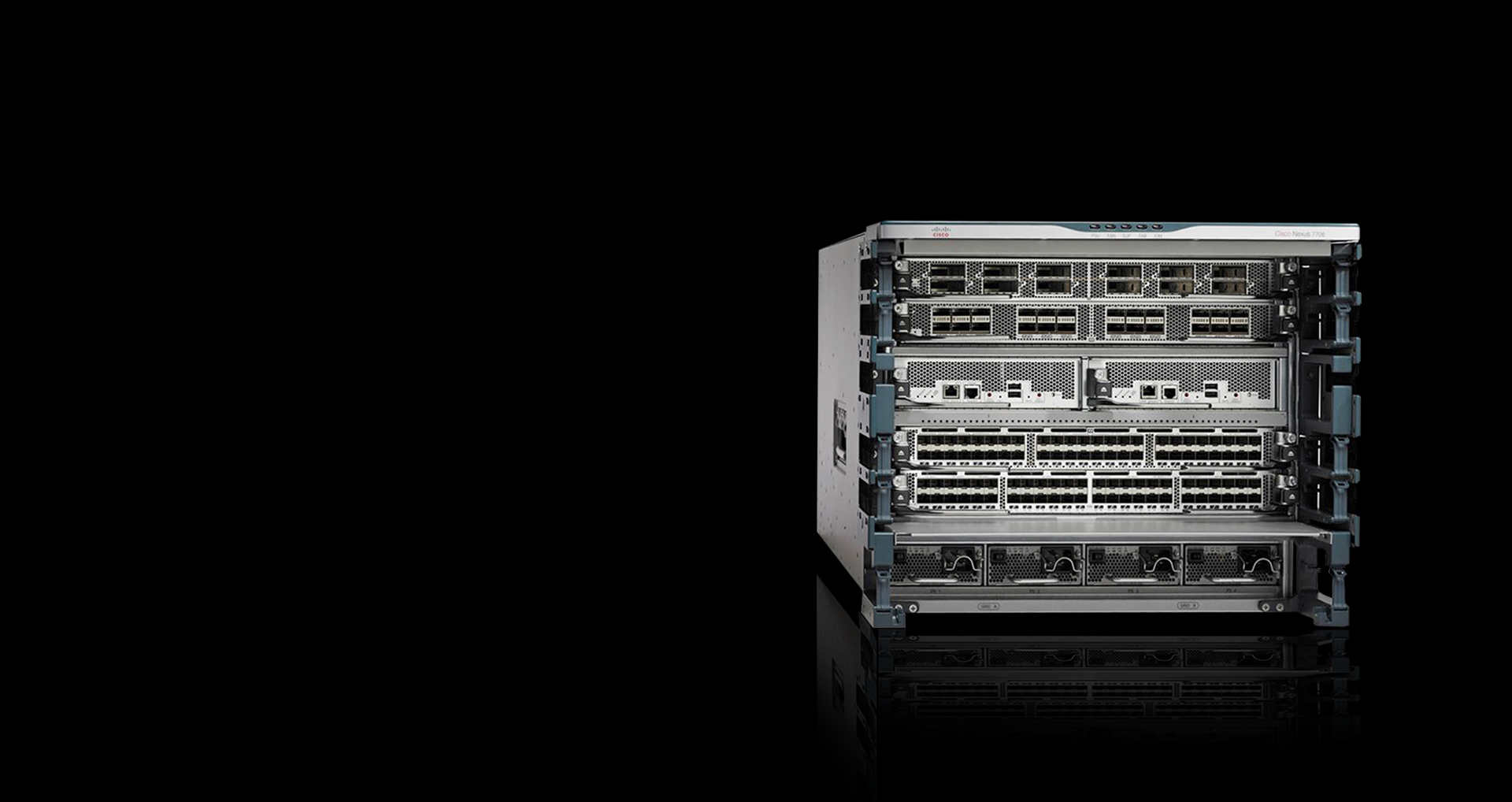
The term CCNA is formed from the initials of Cisco Certified Network Associate. The title of this phrase can be translated as "Cisco Network Associate Certificate". After the beginner level, CCNA is the second level of Cisco certifications, along with the Cisco DevNet Master and CyberOps Master certifications. The CCNA certification is globally recognized and highly respected in the industry. This certificate program is suitable for all types of network professionals. CCNA was first offered in the late seventies. It is estimated that more than one million CCNA certifications have been issued to date.
What is CCNA?

What you'll learn:
• Network Fundamentals
• Network Access
• IP Connectivity
• IP Services
• Security Fundamentals
• Automation and Programmability

program, you will have gained knowledge and skills related to computer networking and Cisco technologies. Some of the things you should be able to do are:
1. Understand and configure basic network protocols and services, such as IP addressing, subnetting, and routing.
2. Install, configure, and troubleshoot Cisco routers and switches.
3. Understand and implement VLANs, spanning tree protocol, and other network technolog ies.
4. Configure and secure wireless networks.
5. Understand and troubleshoot network security issues, such as firewalls, VPNs, and access control lists (ACLs).
6. Use network management tools to monitor and manage network performance and availability.
7. Prepare for and take the CCNA certification exam.
With these skills, you should be able to work in entry-level network administration and support positions and be a valuable member of a network team. Additionally, you can use your CCNA certification to demonstrate your knowledge and skills to potential employers and advance in your career.
fter finishing the CCNA (Cisco Certified Network Associate)

